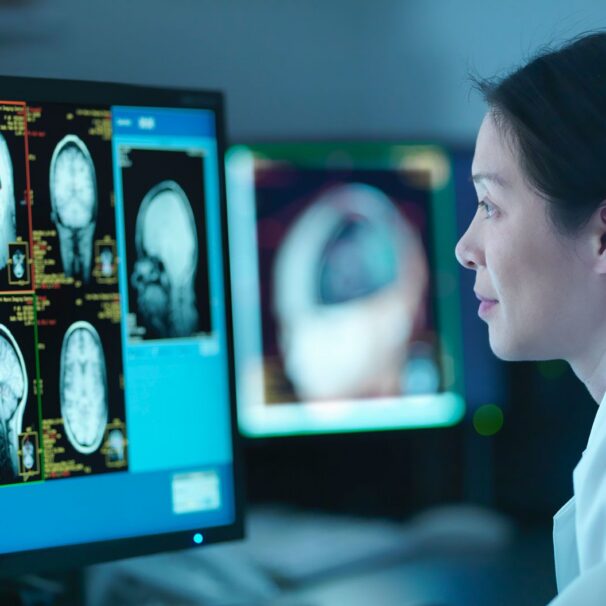HealthProviders DB is a comprehensive database of healthcare providers, including a complete directory of all Neurophysiologists.
Psychiatry & Neurology Healthcare Taxonomy Code 2084N0600X
As of today, the following are the total number of Neurophysiologists nationally, in your State, and near your location.
Select a State below to view the list by State. Additionally, you can narrow the list by city, among other options, from the Filter Panel, which you can open by clicking the vertical ellipses ⋮ in the upper right corner of the app.
Alaska – Alabama – Armed Forces Pacific – Arkansas – American Samoa – Arizona – California – Colorado – Connecticut – District of Columbia – Delaware – Florida – Federated States of Micronesia – Georgia – Guam – Hawaii – Iowa – Idaho – Illinois – Indiana – Kansas – Kentucky – Louisiana – Massachusetts – Maryland – Maine – Marshall Islands – Michigan – Minnesota – Missouri – Northern Mariana Islands – Mississippi – Montana – North Carolina – North Dakota – Nebraska – New Hampshire – New Jersey – New Mexico – Nevada – New York – Ohio – Oklahoma – Oregon – Pennsylvania – Puerto Rico – Palau – Rhode Island – South Carolina – South Dakota – Tennessee – Texas – Utah – Virginia – Virgin Islands – Vermont – Washington – Wisconsin – West Virginia – Wyoming
Medicare
The following are the total number of Neurophysiologists who accept Medicare in your State, the number who have opted out of Medicare, and the total number excluded from participation in Medicare nationwide.
The diagram below shows all the Neurophysiologists across the country, represented by blue bubbles. The larger the bubble, the greater the concentration of providers in that area. Red bubbles represent Medicare-excluded providers, with the larger bubbles indicating a higher percentage of excluded providers in that region. You can change the bubble size to be based on exclusions from the Size menu.
What do Neurophysiologists do?
Neurophysiologists specialize in diagnosing and treating neurological disorders by using a variety of tests that measure and record the nervous system’s function.
They employ techniques such as EEG (electroencephalogram), which tracks brain activity, and EMG (electromyography) and nerve conduction studies, which assess nerve and muscle function to identify conditions such as seizures, numbness, weakness, and sleep disorders.
They interpret these test results and communicate their findings to patients and other healthcare providers, guiding treatment and management.
What they do
Support surgical procedures: They can monitor neurological function during neurosurgery and other methods to ensure patient safety.
Diagnose neurological conditions: They identify the cause of symptoms like seizures, headaches, numbness, tingling, and weakness by analyzing the electrical activity of the brain, nerves, and muscles.
Perform diagnostic tests: Neurophysiologists use various non-invasive tests, including:
EEG (Electroencephalogram): Records brain wave activity to evaluate conditions like epilepsy.
EMG (Electromyography) & NCS (Nerve Conduction Studies): Measure electrical activity in muscles and nerves to diagnose nerve and muscle disorders.
Evoked Potentials: Measure the brain’s response to sensory stimuli to evaluate nerve pathways.
Sleep Studies (Polysomnography): Track body systems during sleep to diagnose sleep disorders such as narcolepsy.
Autonomic Function Testing: Evaluates bodily functions such as blood pressure, heart rate, and bladder control.
Interpret test results: They carefully analyze test data to identify functional abnormalities of the nervous system.
Provide patient consultations: They examine patients and discuss findings to explain their conditions and help determine the best course of treatment.
Collaborate with other specialists: They work with other doctors to develop comprehensive treatment plans for patients with neurological diseases.

